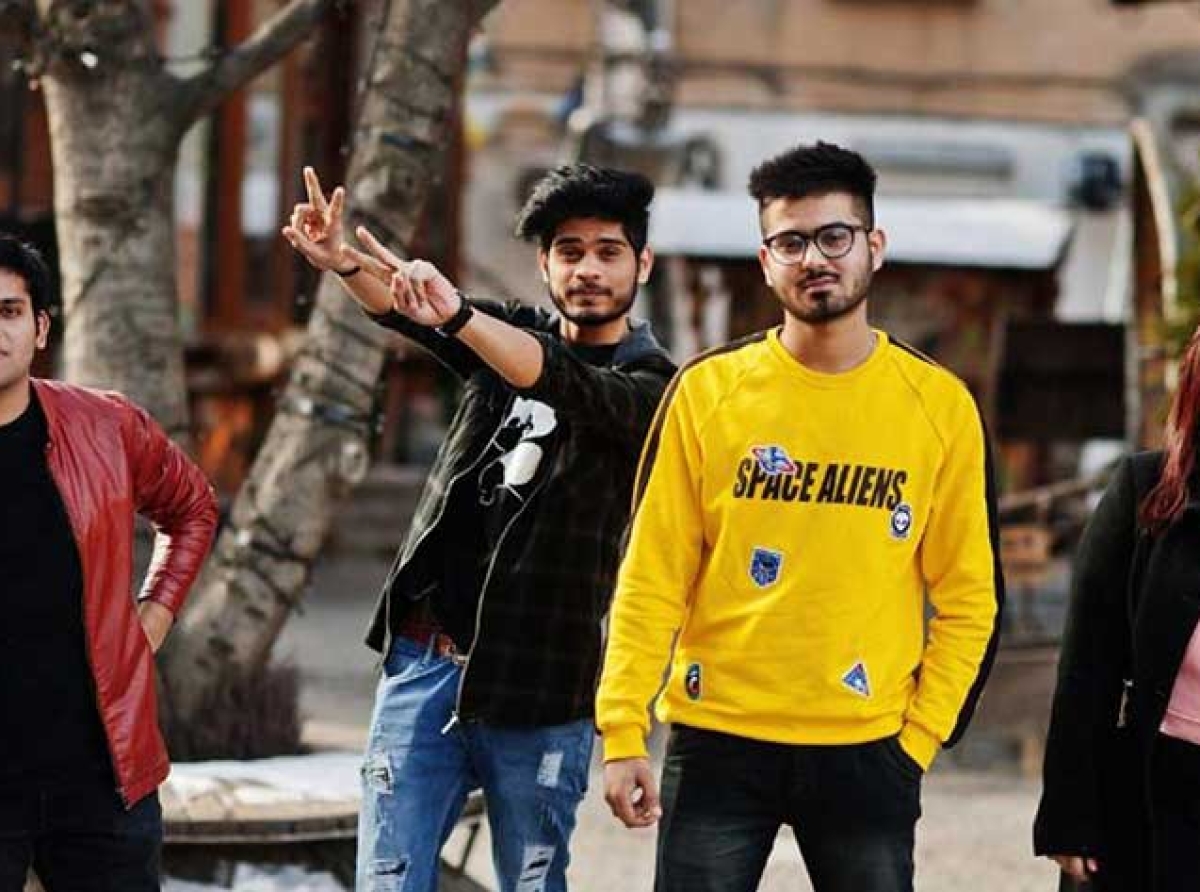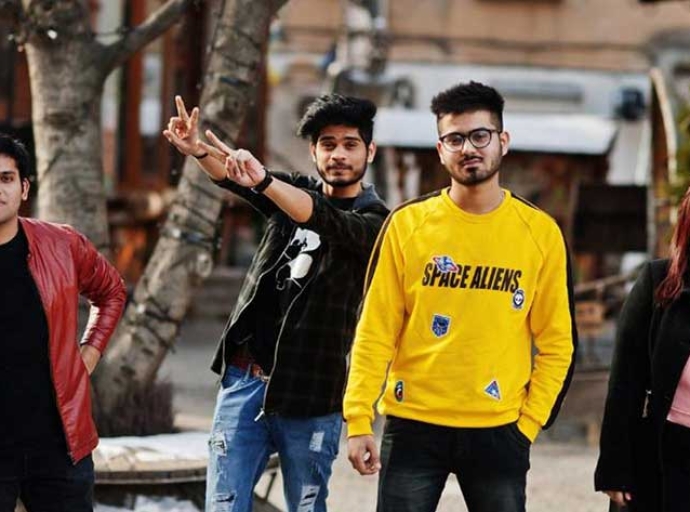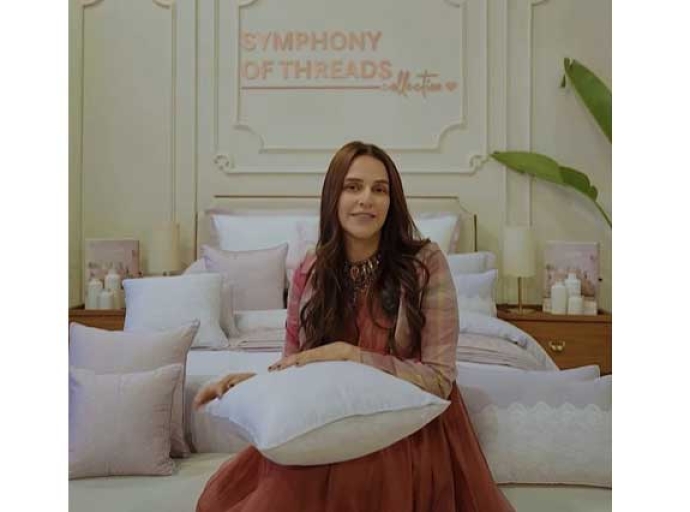Gen Z are the new dictators of style, brands must listen to or risk irrelevance

09 September 2025, Mumbai
Move over, catwalks and glossy magazines. The new dictators of fashion are not elite designers or industry mavens, but a generation armed with smartphones and a fierce commitment to self-curation. For Generation Z, fashion is no longer just about clothes; it's a powerful medium for self-expression, a badge of identity, and a statement of values. This shift is giving rise to what market analysts are calling the ‘identity economy’, where consumption becomes an act of personal branding.
The rise of the co-creators of culture
Gen Z, broadly defined as those born between 1997 and 2012, have grown up in a hyper-connected, digital-first world. This has fundamentally altered their relationship with brands. They view brands not as providers of products, but as co-creators of culture. A recent report highlights that this generation is more likely to prioritize a brand's ethos and story over the product's price or quality alone. They use their clothing choices to signal their alignment with specific subcultures, communities, and social causes.
A UNiDAYS survey of over 18,000 Gen Z students found that 96 per cent feel confident when wearing fabulous clothes, and 87 per cent agree that great clothes make them feel ‘sexy’. This self-awareness and focus on personal well-being is a key driver of their purchasing decisions.
From fast fashion to ethical consumption
The fashion industry, valued globally at over $1.5 trillion, is grappling with a fascinating paradox in Gen Z's consumption habits. On one hand, studies show that a major portion of this demographic expresses a strong preference for sustainable brands and is willing to pay more for ethical products. For example, a First Insight report reveals that 62 per cent of Gen Z shoppers prefer to buy from sustainable brands, and 73 per cent are willing to pay more for them. They are highly conscious of issues like labor rights, ethical sourcing, and environmental impact.
However, this ethical awareness coexists with the meteoric rise of ultra-fast fashion giants like Shein. This can be explained by a concept known as ‘cognitive dissonance’ or the attitude-behaviour gap. While Gen Z cares deeply about sustainability, economic constraints and the constant churn of social media trends make ultra-affordable, disposable fashion incredibly tempting. The cost-of-living crisis is a major factor, as young people, often earning the lowest wages, find it difficult to afford the premium prices associated with sustainably made garments. As a result, having seven trending items from a low-cost retailer often makes more sense than two high-quality, sustainable outfits.
The power of the pixel
Social media is the central to Gen Z's fashion discovery. Platforms like TikTok, Instagram, and Pinterest are not just for entertainment; they are the new digital storefronts. A survey from Sprout Social found that Gen Z is most likely to use social media for discovering new products.
Influencer marketing: Gen Z places immense trust in influencers and creators, often viewing them as peers rather than traditional celebrities. A study found that 44 per cent of Gen Z consumers have made a purchase decision based on an influencer recommendation, nearly double the rate of older generations. Brands are leveraging this by collaborating with a diverse range of creators, from nano to macro, to build authentic connections.
Micro-trends and virality: The ‘For You’ page on TikTok has led to the rapid rise and fall of micro-trends. Everything from Cottagecore to Dark Academia and Y2K aesthetics can become a global phenomenon overnight, driven by a few viral videos. This fast-paced trend cycle is a major reason for the overconsumption seen in the ultra-fast fashion market.
The case of Myntra FWD: Myntra, the leading Indian e-commerce platform, launched its Gen Z-focused brand FWD with an influencer-led campaign. By collaborating with over 15,000 influencers and using popular content formats like ‘Get Ready With Me’ (GRWM) videos, the campaign achieved over 60 million views on Instagram, demonstrating the immense power of a digital-first, community-driven approach.
The future is curated and conscious
For brands looking to thrive in this new scenario, the message is clear: authenticity, transparency, and purpose are non-negotiable. Gen Z rewards brands that openly share their supply chains, make tangible commitments to social issues, and actively engage with their communities. The rise of second-hand and resale platforms like Depop, which saw 464,000 monthly downloads globally in a single month, also reflects this generation's move toward circular fashion.
Brands that are winning are those that are not just selling a product, but a lifestyle, a belief system, and a piece of a carefully curated identity. The fashion industry is no longer about dressing for success; it's about dressing for self-expression, one post, one trend, and one ethical choice at a time.
Latest Publications

































